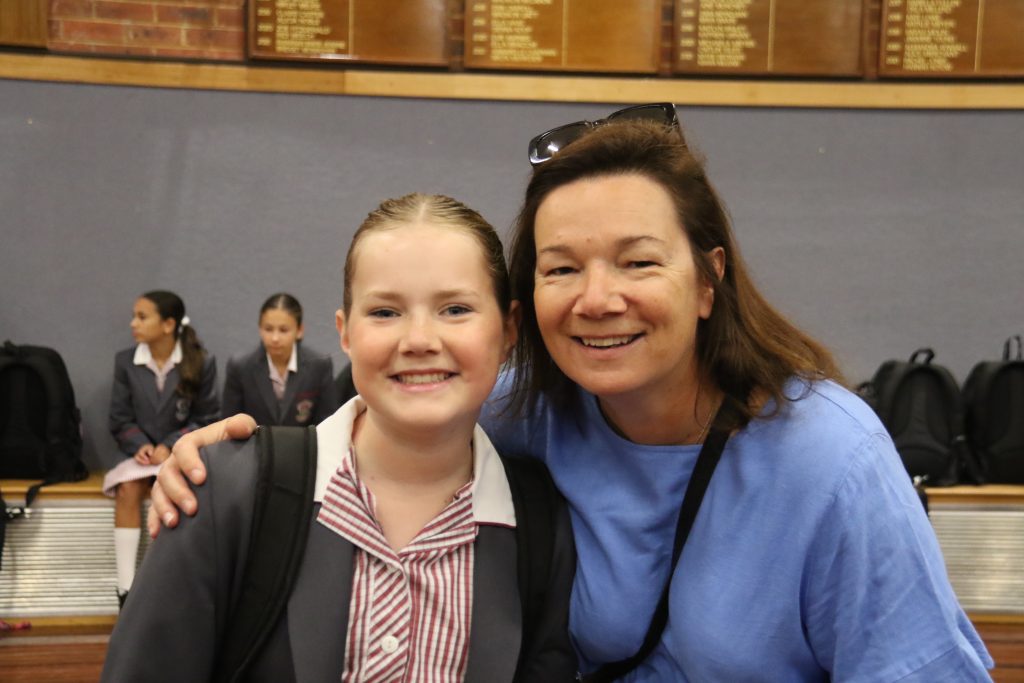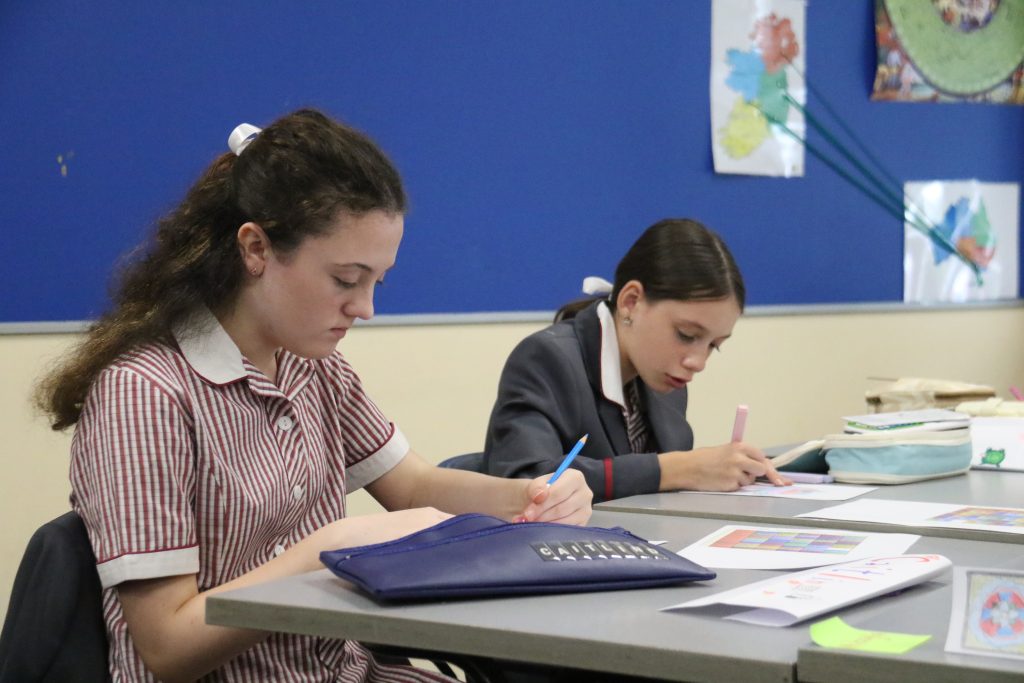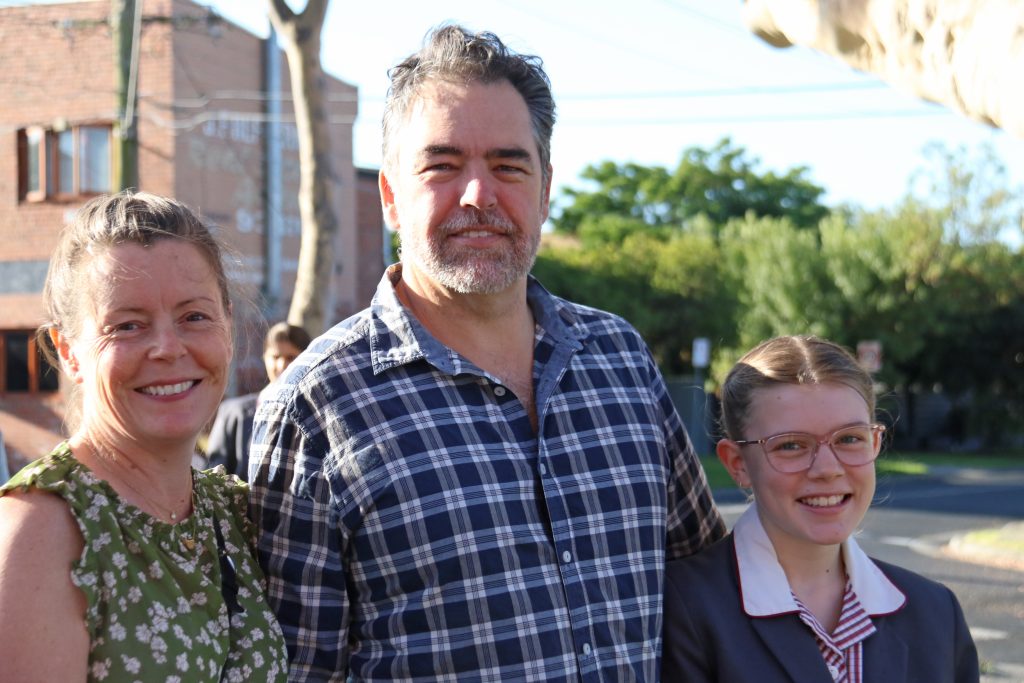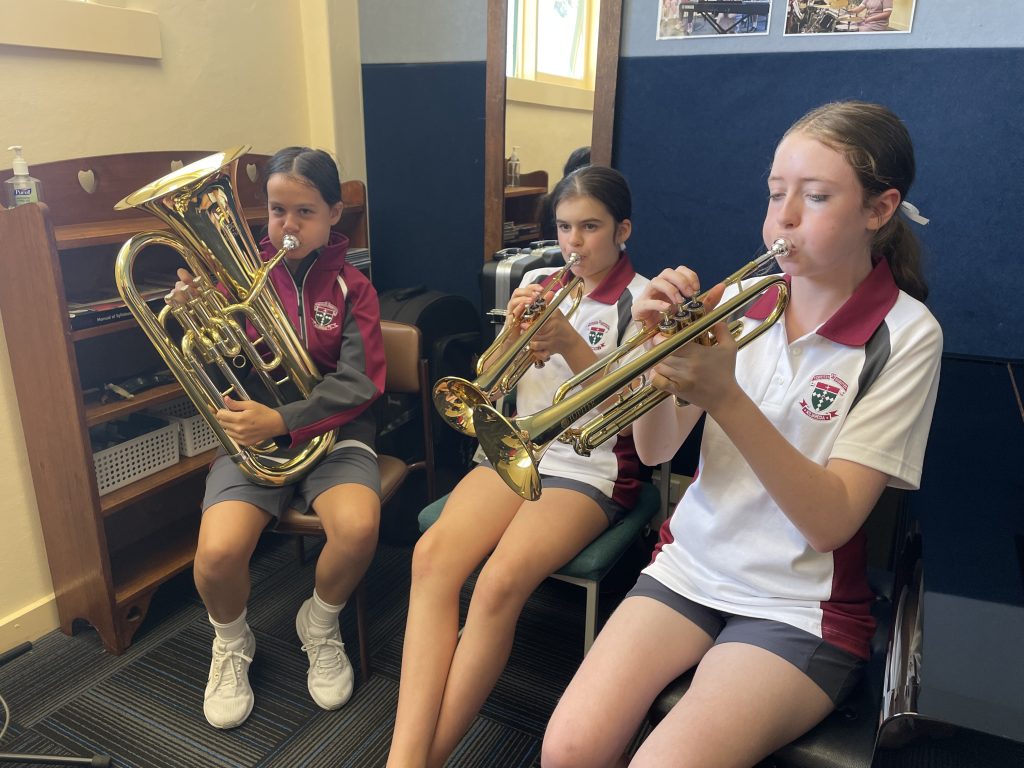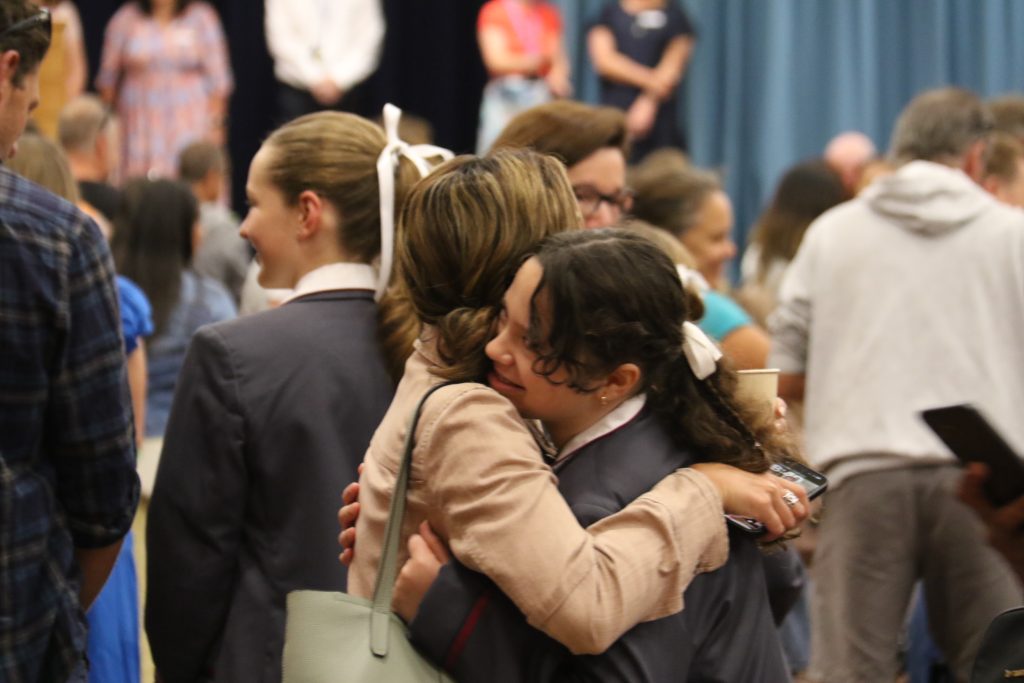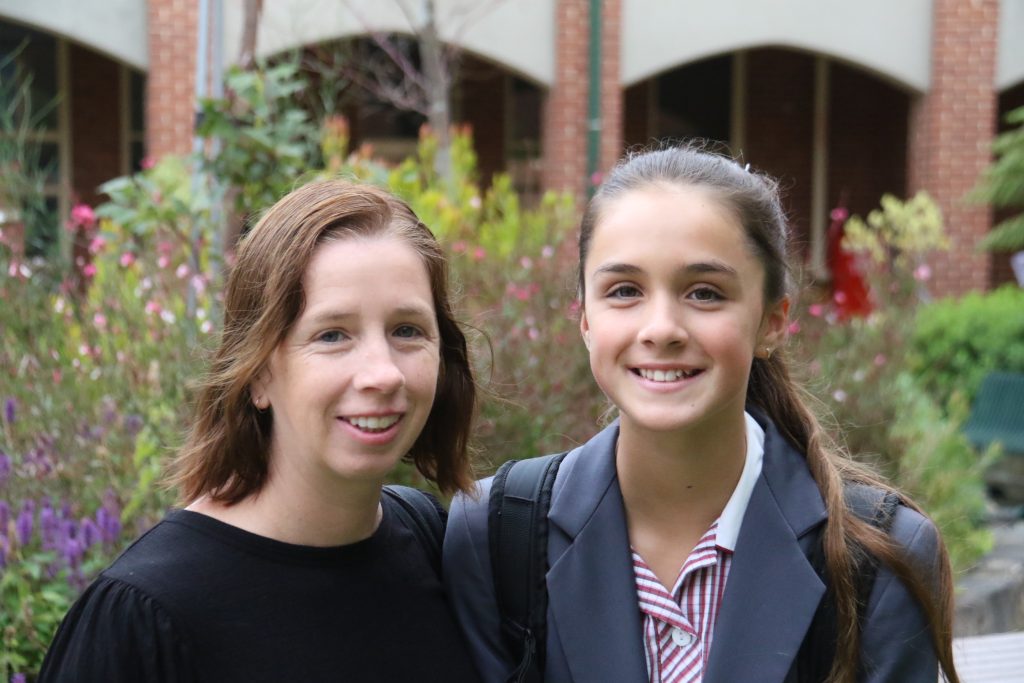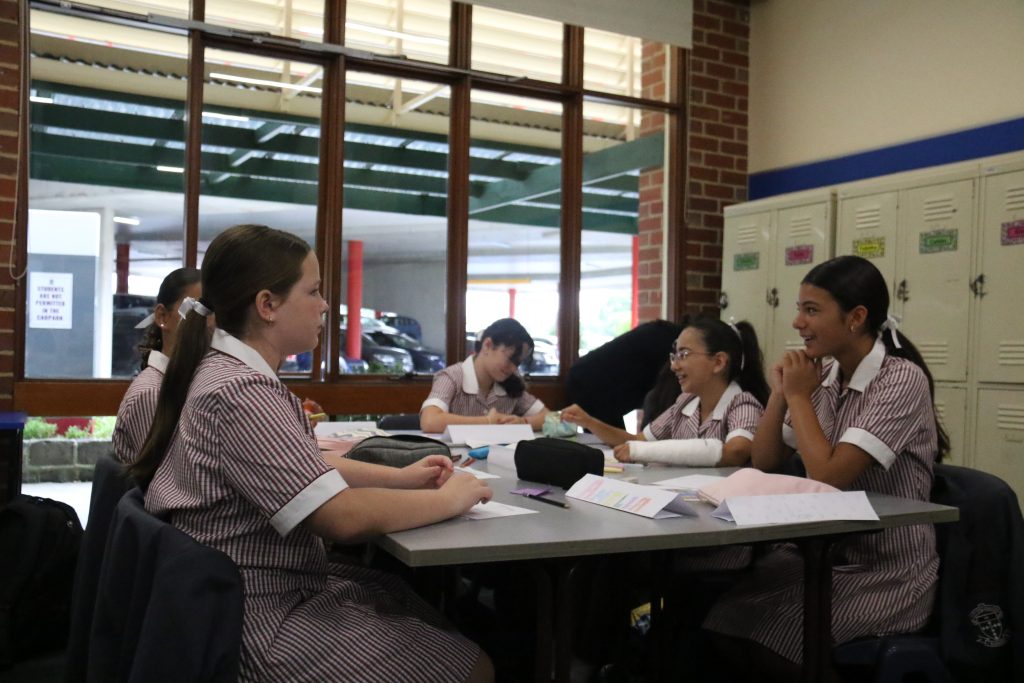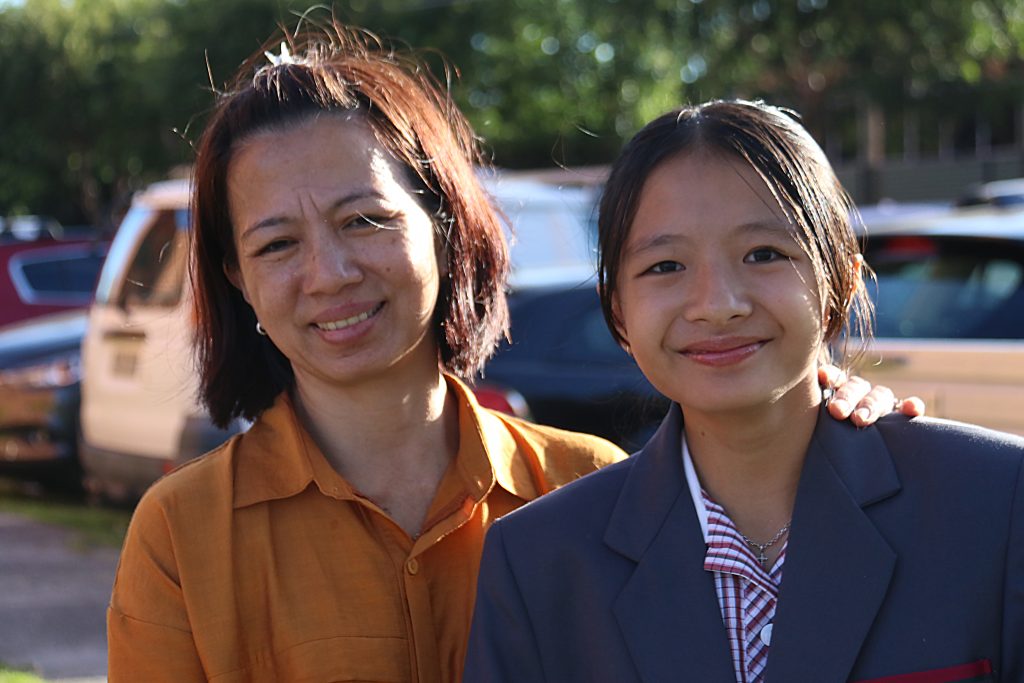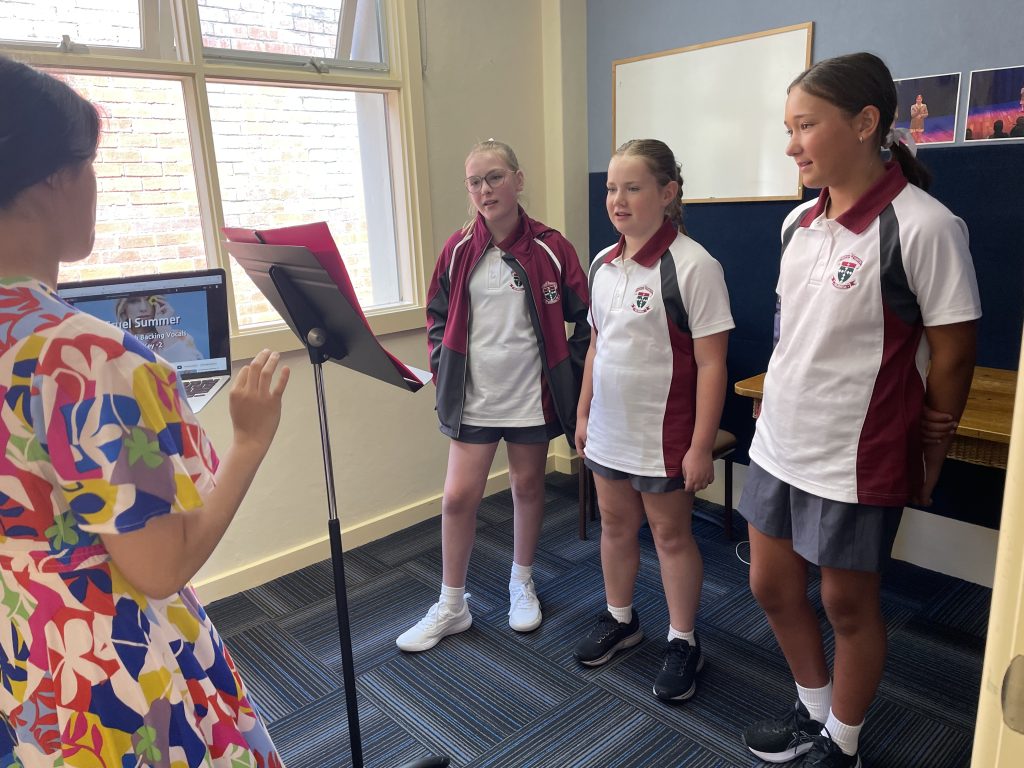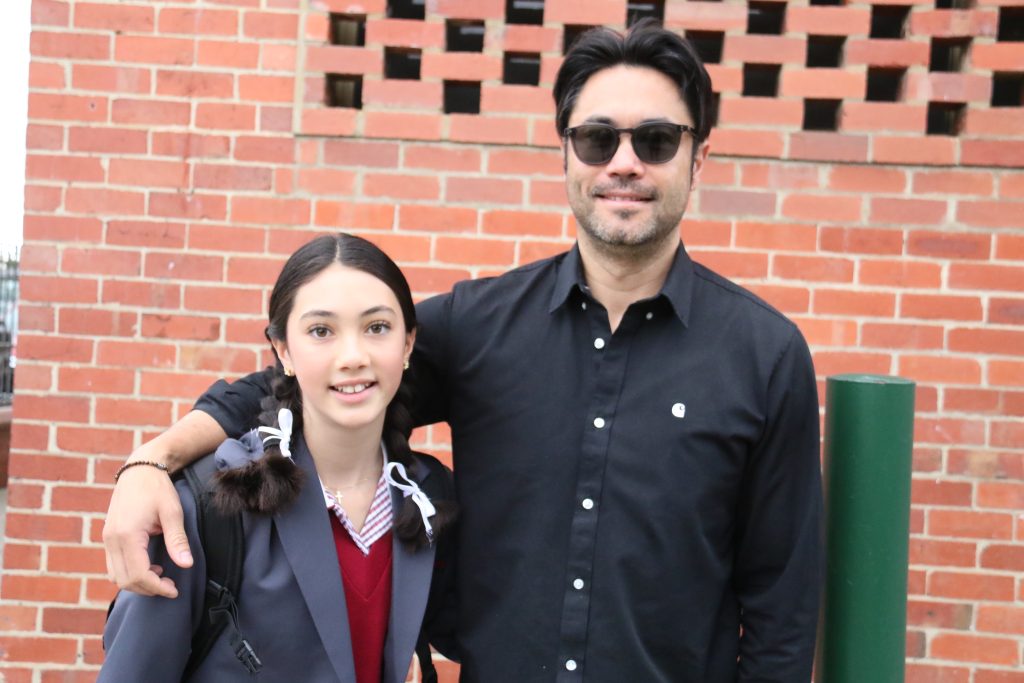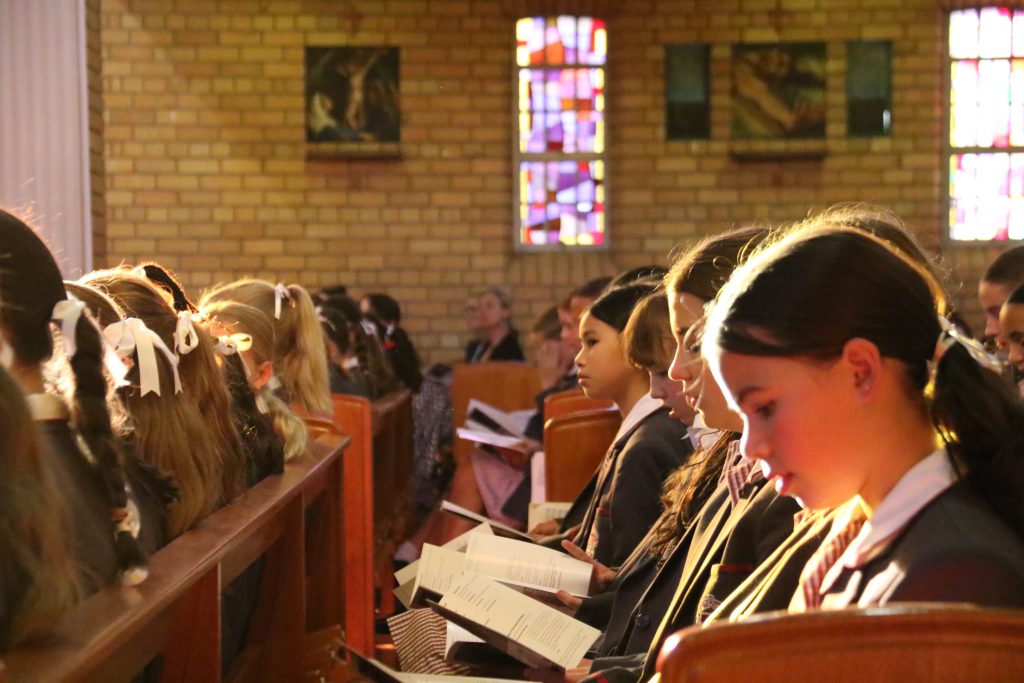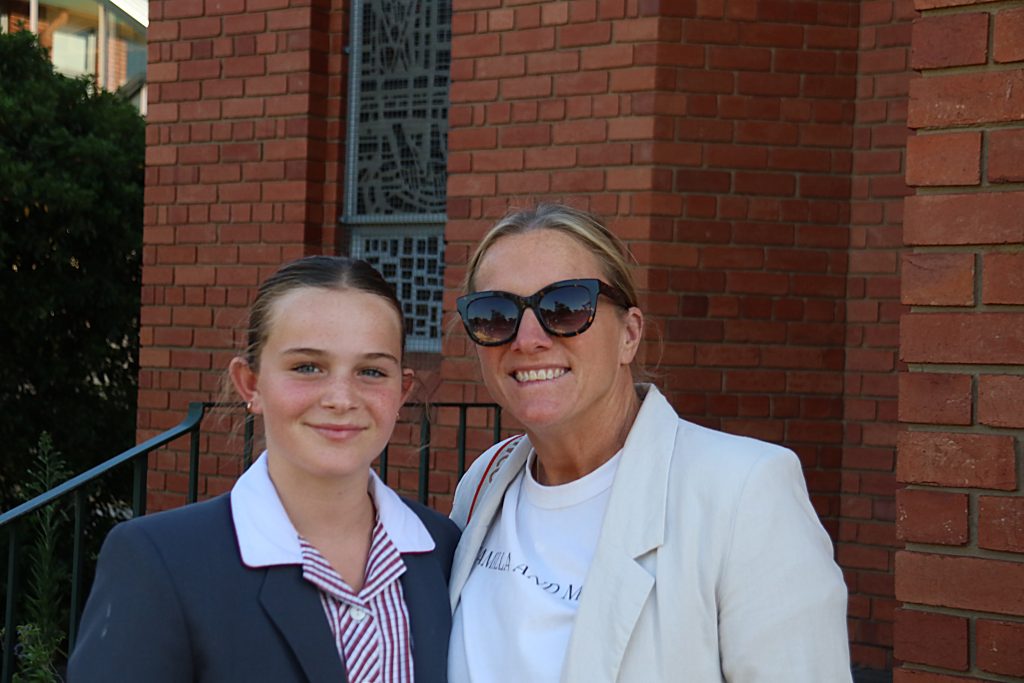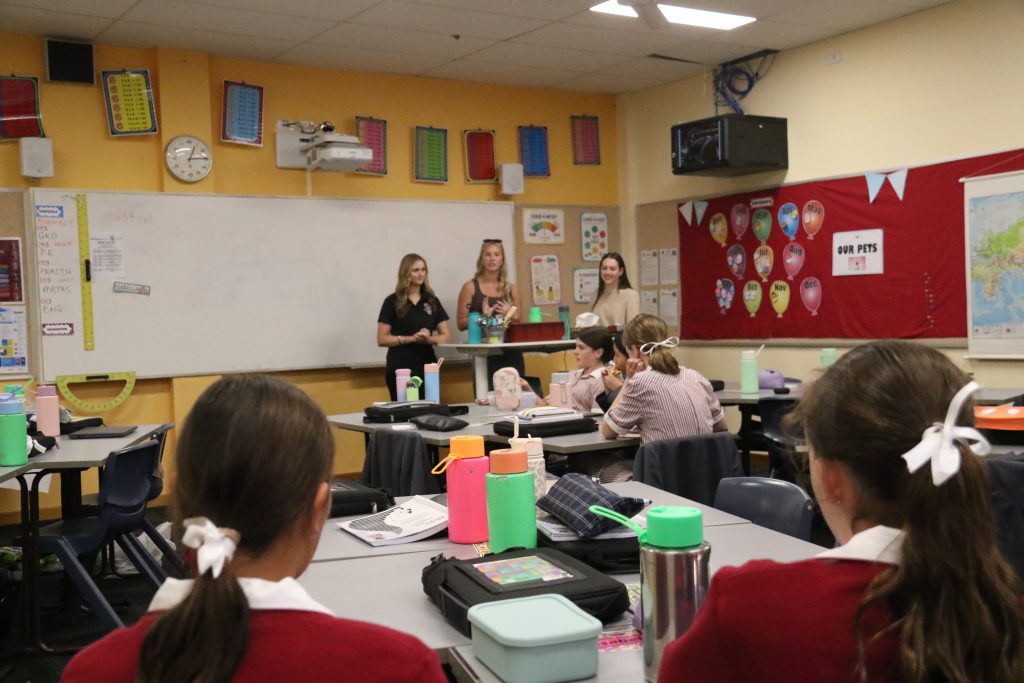Year 7
Welcome to all of our new Year 7 students and their families. The start of a new school year brings significant changes for the Year 7 students as they face new teachers, classes, expectations and routines. Despite the excitement, these changes also bring nerves, particularly concerning making new friends. Parents share these concerns, not wanting their children to feel lonely during lunchtime. Traditionally, we’ve relied on children to learn social norms independently. However, recognising that friendship is a teachable skill, allows us to set realistic expectations and alleviate potential heartache.
So, what are the essential things tweens and teens need to understand about friendship?
- Purpose of Friends: Friends serve various purposes including providing a safe space for vulnerability, offering companionship and fun and stimulating critical thinking through shared ideas and discussions. Understanding that different friendships serve different purposes enables children to foster healthier connections.
- Authenticity Over Popularity: It’s crucial for children to grasp that having genuine friendships differs from being popular. While early adolescents often seek validation from peers, genuine friendship stands apart from popularity through authenticity. Encouraging children to prioritise authenticity helps them build genuine connections rather than merely seeking acceptance.
- Setting Boundaries: Good boundaries make good friends. Setting personal boundaries is challenging, especially in today’s online world where oversharing is common. Children must understand that not everyone should have access to all aspects of their lives. Establishing clear boundaries is essential for healthy friendships.
- Normalising Conflict: Conflict in friendships is normal, yet it’s often overlooked in the filtered world of social media. It’s crucial to normalise conflicts for children, teaching them how to manage boundaries and navigate disagreements constructively.
- Seeking Authentic Connections: In adolescence, peers become paramount, but it’s essential to seek genuine connections where one can be themselves. Encouraging children to prioritise authentic friendships over popularity can lead to more fulfilling relationships.
- Understanding Relational Aggression: Relational aggression, often seen as ‘mean girl’ behavior, is hurtful and damaging. It’s crucial to address and manage relational aggression effectively by promoting positive friendships, teaching kindness and empathy and monitoring online activity.
- Empowering Resilience: When children face social challenges, empowering rather than catastrophising is crucial. Listening without judgment, validating feelings and maintaining normalcy at home offer stability and reinforce resilience.
- Friendship Skills Education: Implementing programs like URSTRONG’s Friendology curriculum can enhance students’ social-emotional wellbeing by teaching effective communication, conflict resolution and interpersonal skills. By providing consistent language and strategies, Friendology helps create a school culture that promotes positive mental health and kindness.
By understanding these key aspects of friendship and implementing strategies to foster healthy connections, educators and parents can support children in navigating the complexities of social relationships during their school years.
Year 7 Life
Here is a glimpse of the many things our Year 7 students have been up to lately including their first day and welcome gathering, instrumental music tryouts, Safer Internet Day, classroom work and the Welcome Mass.
Leah Cristiano
Level Leader: Year 7



